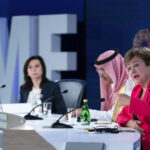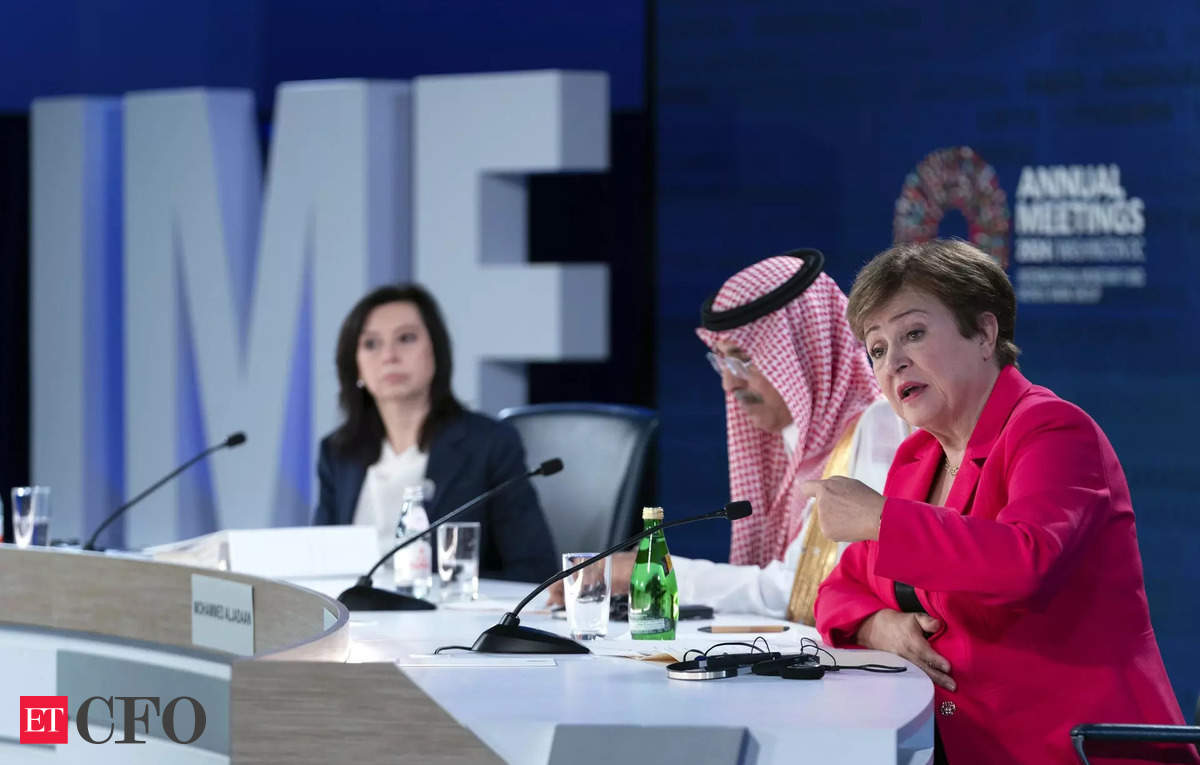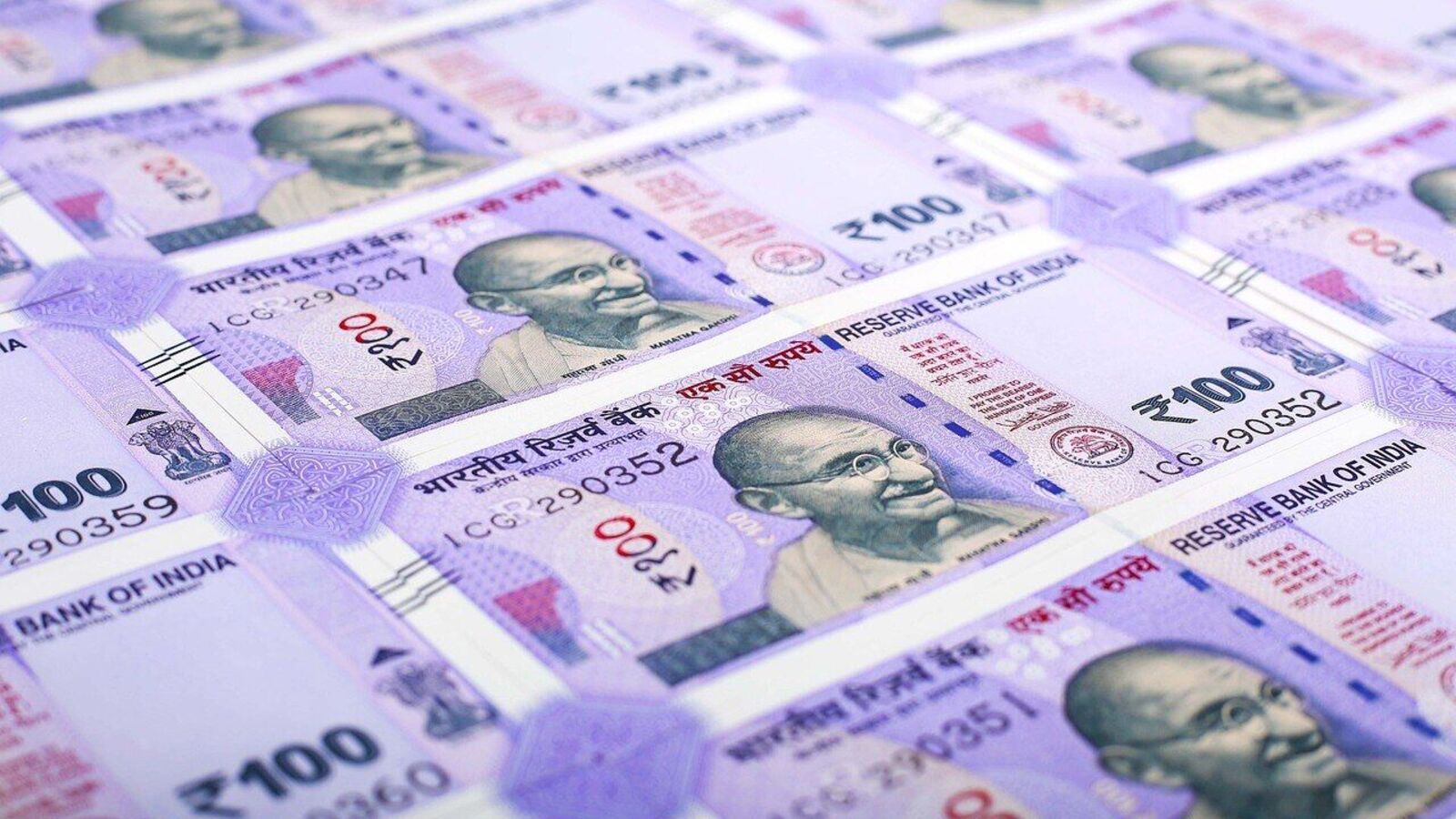
Kristalina Georgieva, Director of the International Monetary Fund (IMF). File | Photo credit: Reuters
India’s economy is expected to be “a little weaker” in 2025 despite steady global growth, IMF Managing Director Kristalina Georgieva said.
Ms. Georgieva also said she expects a lot of uncertainty in the world this year, especially around US trade policy.
In her annual media roundtable with a group of reporters on Friday, January 10, she said global growth in 2025 is expected to be stable, but with regional differences.
Ms. Georgieva said she expects the Indian economy to be slightly weaker in 2025. However, she provided no further explanation. The World Economy Outlook update week will provide more details on this.
“The US is doing a lot better than we previously expected, the EU is a bit stuck and (and) India is a bit weaker,” she said.
Brazil experienced slightly higher inflation, she said.
In China, the world’s second-largest economy, the International Monetary Fund (IMF) was facing deflationary pressures and persistent domestic demand problems, she said.
“Low-income countries, despite all the efforts they make, are in a position where any new shock can affect them quite negatively,” Ms. Georgieva said.
“What we expect in 2025 is that there will be quite a bit of uncertainty, especially in terms of economic policy. It is not surprising that, given the size and role of the US economy, there is strong global interest in the new administration’s policy directions, particularly in the areas of tariffs, taxes, deregulation and government efficiency,” said Ms. Georgieva.
“This uncertainty is particularly high over future trade policy, contributing to the headwinds facing the global economy, especially for countries and regions that are more integrated into global supply chains, mid-market economies and (and) Asia as a region. she said.
That uncertainty is reflected globally in higher long-term interest rates, even as short-term interest rates have fallen, the IMF director said.
Donald Trump will be sworn in as the 47th President of the United States on January 20, replacing Joe Biden in the White House.
The 78-year-old Trump has announced plans to impose additional tariffs on countries such as China, Canada and Mexico. He has publicly announced the use of tariffs as a key policy tool.
On inflation, the IMF expects global disinflation to continue, Georgieva said.
“As we all recognize, the higher interest rates needed to combat inflation have not pushed the global economy into recession. They delivered the desired results. Headline inflation is converging to target sooner in advanced economies than in emerging markets,” she says. said.
Published – Jan 11, 2025 09:49 AM IST










